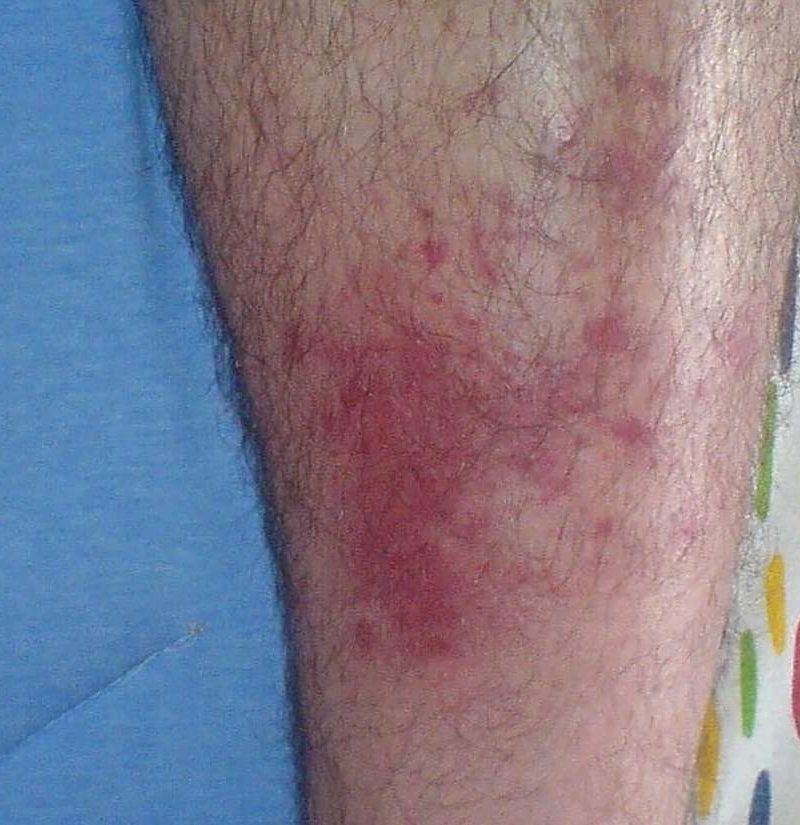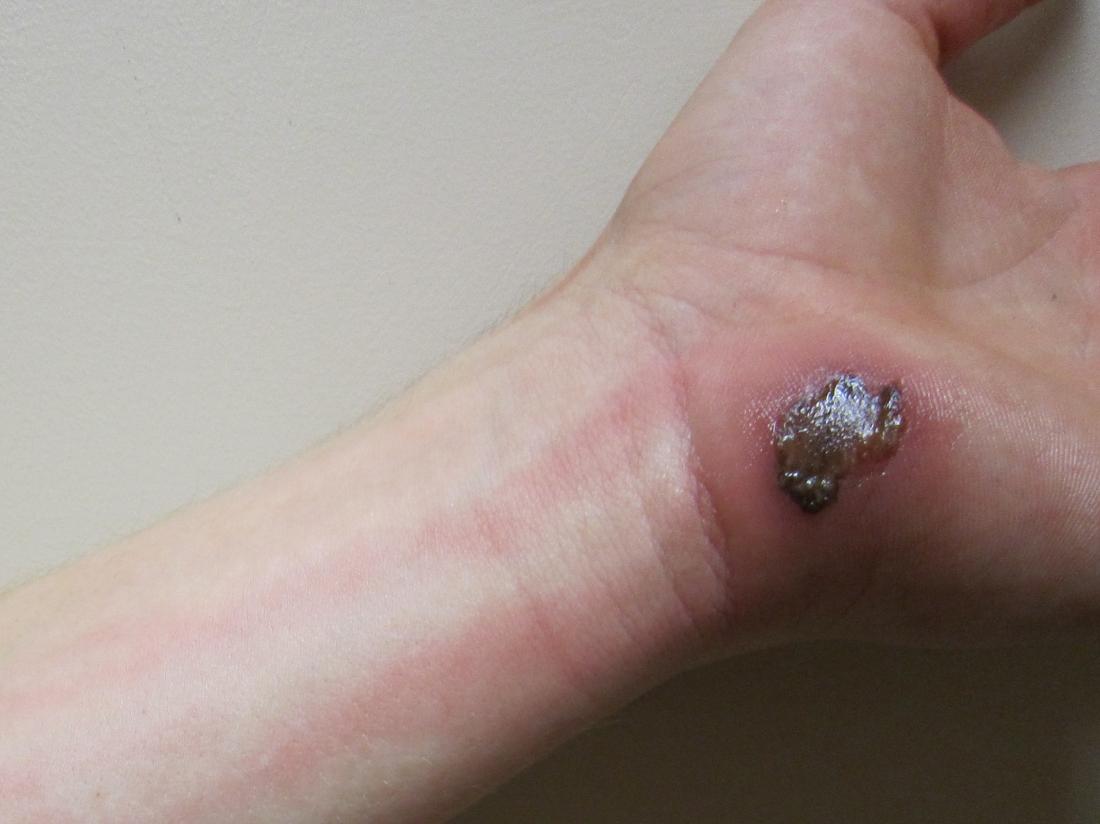
However, some people can react badly to them because they've developed antibodies to the venom. Most people won't have severe symptoms after being bitten or stung by an insect. You should remove this immediately by scraping it out using something with a hard edge that is clean (to avoid introducing infection)ĭon't pinch the sting out with your fingers or tweezers because you may spread the venom. BeesĪ bee sting feels similar to a wasp sting, but the sting and a venomous sac will be left in the wound. If you've been stung and the wasp or hornet is still in the area, walk away calmly to avoid being stung again.

Wasps and hornets don't usually leave the sting behind, so they could sting you again. Insect stings Wasps and hornetsĪ wasp or hornet sting causes a sharp pain in the area that's been stung, which usually lasts just a few seconds.Ī swollen red mark will often then form on your skin, which can be itchy and painful. See section ’ When to seek medical help’ below – this highlights symptoms that require urgent medical care. Very rarely, a spider bite may cause a severe allergic reaction.Ī few people have severe reactions to the toxin injected by the insect or spider. These mild reactions are common and may last from a few hours to a few days. A bite from a non-venomous spider will often cause minor swelling, redness, pain, and itching. You’re more likely to be bitten by a spider while you're abroad, if you keep non-native spiders as pets, or if you have a job that involves handling goods from overseas.īites can be from a venomous or non-venomous spider. Spider bites from spiders native to Northern Ireland are rare. If the mites are from pets, you may be bitten on your abdomen (tummy) and thighs if your pet has been sitting on your lap.
BEE STING INFECTION SKIN
Mites cause very itchy lumps to develop on the skin and can also cause blisters. Lyme disease can be serious if it isn't treated. Ticks can carry a bacterial infection called Borrelia burgdorferi, which causes Lyme disease. Tick bites aren't usually painful and sometimes only cause a red lump to develop where you were bitten. If you have been bitten before, you may develop intensely irritating weals or lumps. Bedbugsīites from bedbugs aren't usually painful, and if you've not been bitten by bedbugs before, you may not have any symptoms. Horseflies cut the skin when they bite, rather than piercing it, so horsefly bites can take a long time to heal and can cause an infection. angiooedema – itchy, pale pink or red swellings that often occur around the eyes and lips for short periods of time.urticaria – a rash of weals (also called hives, welts or nettle rash).As well as the formation of a weal around the bite, you may also experience: HorsefliesĪ bite from a horsefly can be very painful. You may also get flea bites on your forearms if you've been stroking or holding your pet. Bullae may also develop.įleas from cats and dogs can often bite below the knee, commonly around the ankles. If you're particularly sensitive to flea bites, they can lead to a condition called popular urticaria, where a number of itchy red lumps form. Fleasįlea bites can be grouped in lines or clusters.

Mosquito bites in certain areas of tropical countries can cause malaria. weals – circular, fluid-filled areas surrounding the bite.If you're particularly sensitive to insect bites, you may develop: Midges, mosquitoes and gnatsīites from midges, mosquitoes and gnats often cause small papules (lumps) to form on your skin that are usually very itchy. The symptoms that can occur from different types of insect bites are described below. In rare cases, some people can have a serious allergic reaction ( anaphylaxis) to a bite or sting that requires immediate medical treatment. The severity of bites and stings varies depending on the type of insect involved and the sensitivity of the person. Most insects sting as a defence by injecting venom into your skin. Insects that sting include bees, wasps and hornets.Īn insect bites you by making a hole in your skin to feed. Insects that bite include midges, mosquitoes, fleas, bedbugs and, although not strictly insects, spiders, mites and ticks, which are arachnids. However, some stings can be painful and trigger a serious allergic reaction. Insect bites and stings are common and usually only cause minor irritation.


 0 kommentar(er)
0 kommentar(er)
